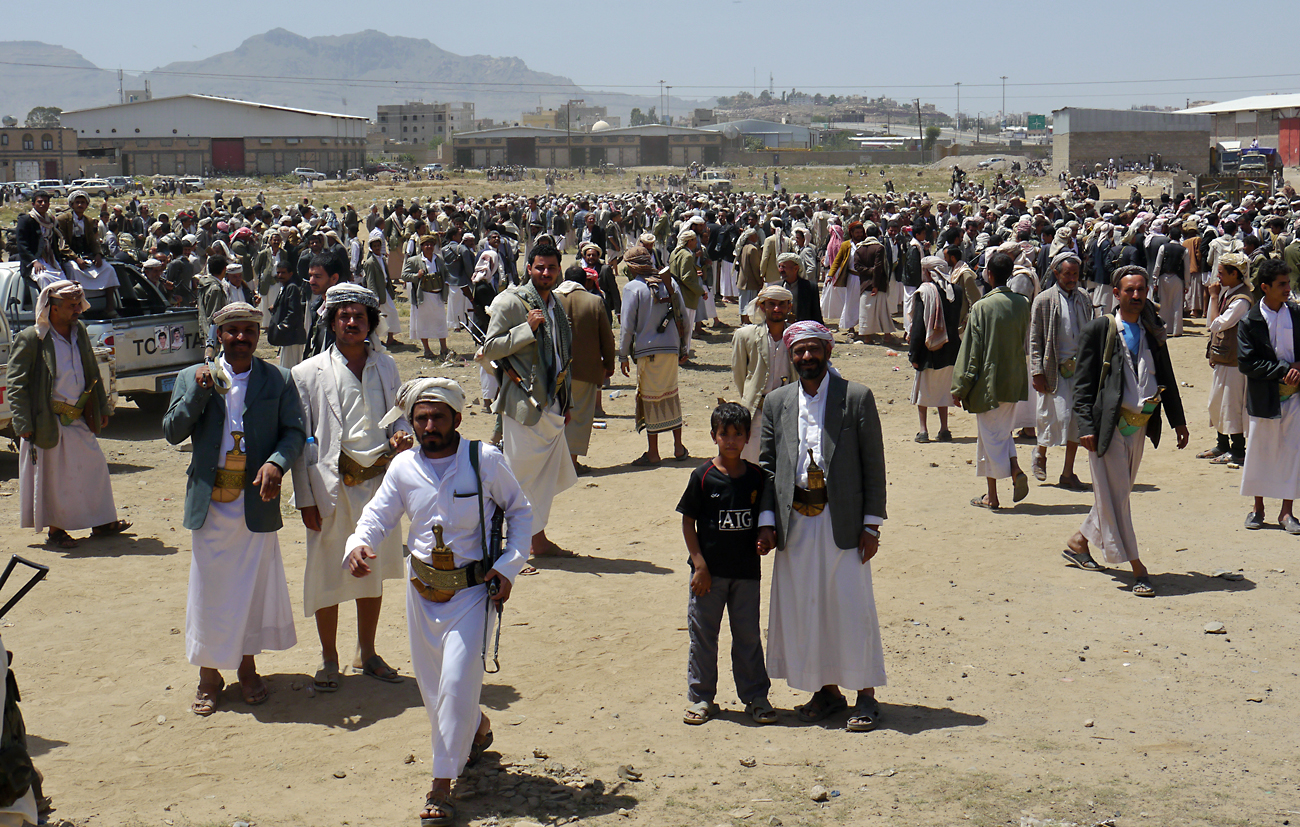As part of our current series on Scotland and secessionist movements, SEN Journal: Online Exclusives is excited to present this original piece by Professor Daniele Conversi, Research Professor at the University of the Basque Country and the Ikerbasque Foundation for Science, who has written about the wider issue of secessionist politics and the state.
One can study the new secessionist wave in the West and elsewhere from a number of perspectives: by looking at how nationalist leaders mobilize their constituencies, at the form of the state, at the international dimension, and so on. However, I believe what is paramount is that we are witnessing a rather precipitous fall of political legitimacy of the neoliberal state. Beyond nationalism, this can be seen in the rapid rise of anti-system movements, like the M-15 or indignados (aka “outraged”) in Spain, Beppe Grillo’s direct democracy movement in Italy, the Occupy movement in the USA, UK and elsewhere, and the electoral gains of Syriza in Greece, each of them with its different organizational roots, but all deeply dedicated to change the current political system. At the same time, the spread of populism, often accompanied by anti-Europeanism, threatens to twist the European Union’s hard-won achievement of tolerance through a seemingly unstoppable wave of xenophobia, Islamophobia and racism – a trend amplified by the challenge of the extremists’ intense online activism (Conversi 2012a).




